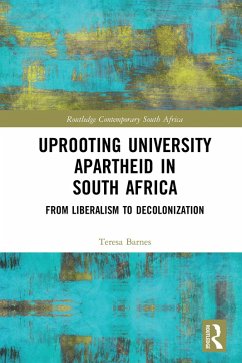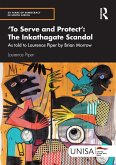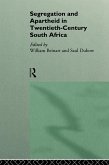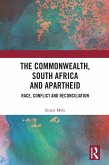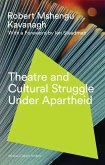A work of interpretive social history, this book investigates three historical dynamics in the relationship between the apartheid system and South African higher education. First, it explores how the legitimacy of apartheid was historically reproduced in public higher education. Second, it looks at ways that academics maneuvered through and influenced national and international discourses of political freedom and legitimacy. Third, it explores how and where stubborn tendrils of apartheid-era knowledge production practices survived into and have been combatted during the democratic era in South African universities.
Dieser Download kann aus rechtlichen Gründen nur mit Rechnungsadresse in A, B, BG, CY, CZ, D, DK, EW, E, FIN, F, GR, HR, H, IRL, I, LT, L, LR, M, NL, PL, P, R, S, SLO, SK ausgeliefert werden.

